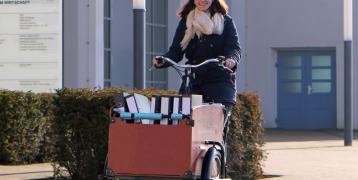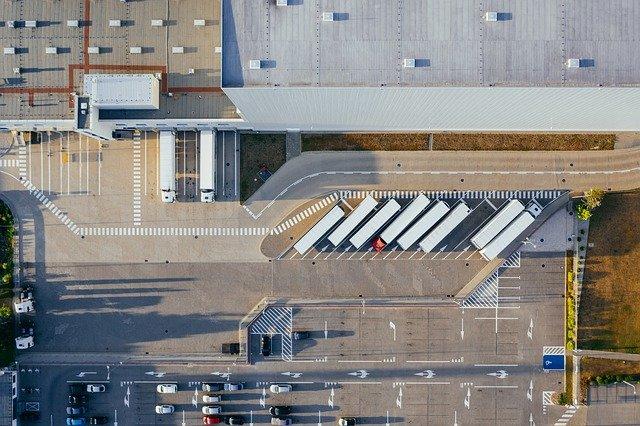Sustainable urban logistics
Whilst cities have begun considering how to make their transport and mobility systems more sustainable, particularly through the development of Sustainable Urban Mobility Plans (SUMPs), logistics and freight vehicles remain a challenge as a result of the sector’s wide complexity of actors, and a traditionally hands-off public sector.
With urban logistics being responsible for significant carbon emissions, air pollutants, urban noise, traffic congestion, and safety risks, urban authorities are realising that clean urban logistics need to become mainstream to support continued sustainable economic growth. This is becoming even more prominent as urban logistics activities surge with the increase of e-commerce, resulting in myriads of additional deliveries to both private people and businesses. Therefore, some cities have begun to implement policies to regulate non-passenger vehicles, with the leaders developing Sustainable Urban Logistics Plans (SULPs), adapting from the SUMP methodology.
Public authorities, though, still need guidance and inspiration in tackling urban logistics, which is highly complex, requiring coordination with the private sector which best knows the issues to be tackled, but is highly fragmented, with different and conflicting visions and goals.
This policy brief will introduce the topic of urban logistics, and the challenges that public authorities face, as well as available European and expert support offers, successful case studies from across Europe, achievements from Interreg Europe projects and activities tackling the issue, and recommendations for urban authorities.
To know more about how to tackle sustainable transportation and mobility systems, explore the policy brief on sustainable urban logistics.
Policy brief on sustainable urban logistics
Policy brief on sustainable urban logistics
Featured good practices




